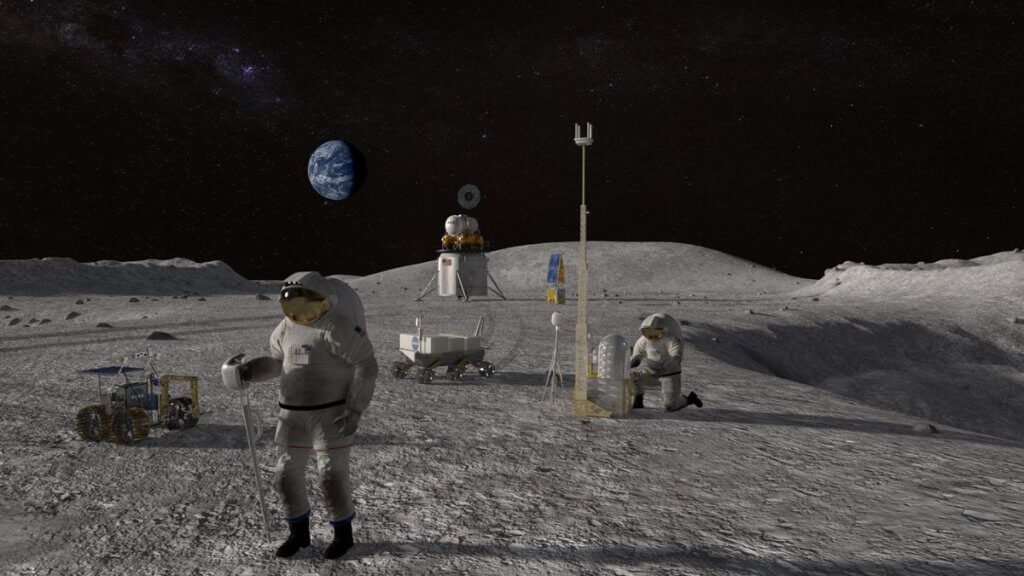
If we really want people living on the moon, we need an astronaut health database (Image Credit: Space.com)
Scientists have created the first-ever aerospace medicine biobank to help outline the impact spaceflight has on astronauts’ health. This repository integrates data and samples from various missions, including those performed by SpaceX and NASA, enabling researchers to compare and standardize space medicine findings and apply their results to future missions.
“This represents a breakthrough in the study of human adaptation and life in space,” said Guy Trudel, one of the scientists behind the study and a professor in the Faculty of Medicine at the Ottawa Hospital Research Institute, in a press release.
It is widely recognized that even short trips into space, and therefore into a microgravity environment, can trigger a wide array of genes that regulate key cellular pathways in the body. This leads to fundamental cellular, molecular and physiological changes in the bodies of astronauts — for instance, astronauts can develop space anemia — though these changes typically reverse within a few months of returning to Earth.
Still, as spaceflight becomes increasingly prevalent with the rise of commercial cosmic trips and planned endeavors to have astronauts journey to the moon and beyond, countless studies have begun to explore how microgravity affects the human body. However, there is a lack of standardization across fields. “Current frameworks for aerospace medicine are nascent and lag far behind advancements in precision medicine on Earth, underscoring the need for rapid development of space medicine databases, tools, and protocols,” the team wrote in the new study.
Related: 12 space medicine findings from 2023 that could help astronauts reach Mars one day
This led to the creation of the Space Omics and Medical Atlas (SOMA), a collection of data and samples from various space missions that aims to help standardize biological measurements and data sharing for clinical, cellular and genetic research.
“Applying the same core protocols in the sample collection, processing and analysis across multiple missions will allow us to validate and compare our findings with other investigators and space agencies/companies around the world,” according to SOMA’s website.
With 2,911 samples banked already, the “Atlas” is set to improve profiling for both short- and long-term space flights, enhancing health monitoring, risk reduction and countermeasures for upcoming lunar, Mars and deep-space missions.
The database has already revealed common bodily changes astronauts have experienced across missions, such as shifts in immune system activity, changes in DNA and alterations in gene activity. The team highlights that SOMA represents a more than tenfold increase in publicly available human space biology data. “It is meant to help keep astronauts and space travelers alive and healthy,” the researchers stated in the press release.
Even better, its implications, while aimed at the stars, will also have tangible impacts here on Earth. “Since many of the changes in astronauts in space resemble those of people who are immobile in bed, these studies can be clinically relevant,” said Trudel. “The data are therefore important for future space exploration while also providing a correlation to people on Earth with limited mobility or who are bedridden before their rehabilitation.”





